Coronavirus Misinformation
The Facts
The coronavirus pandemic is a worldwide issue that has affected everyone in some way or another.
The U.S. alone has had a whopping 5 million cases in the last few months.
It is a virus that mostly affects people with pre-existing health conditions, as
their immune systems are more vulnerable. Scientists are still researching the
causes and effects of this virus, trying to find a vaccine, so the data we know
is constantly being updated. Over the past few months, as the coronavirus pandemic
spread across the world, the media has provided countless false facts about it that many people still believe now.

Myth #1: The younger the person, the lower the chance of contracting the virus.
While cases in the past few months have shown that more older people than younger people have
died of the virus, it is not necessarily true that younger people have a smaller chance of getting sick
and/or dying from the virus. The reason that there have been more deaths in older people
than young people is because of the pre-existing health conditions that majority of older people have.
For example, a 60-year-old with a weakened immune system has a higher chance of
dying of the virus than a healthy 10-year-old. So, the age of the person does not change
the likelihood of getting/dying from the virus, however the current health conditions of the person does.
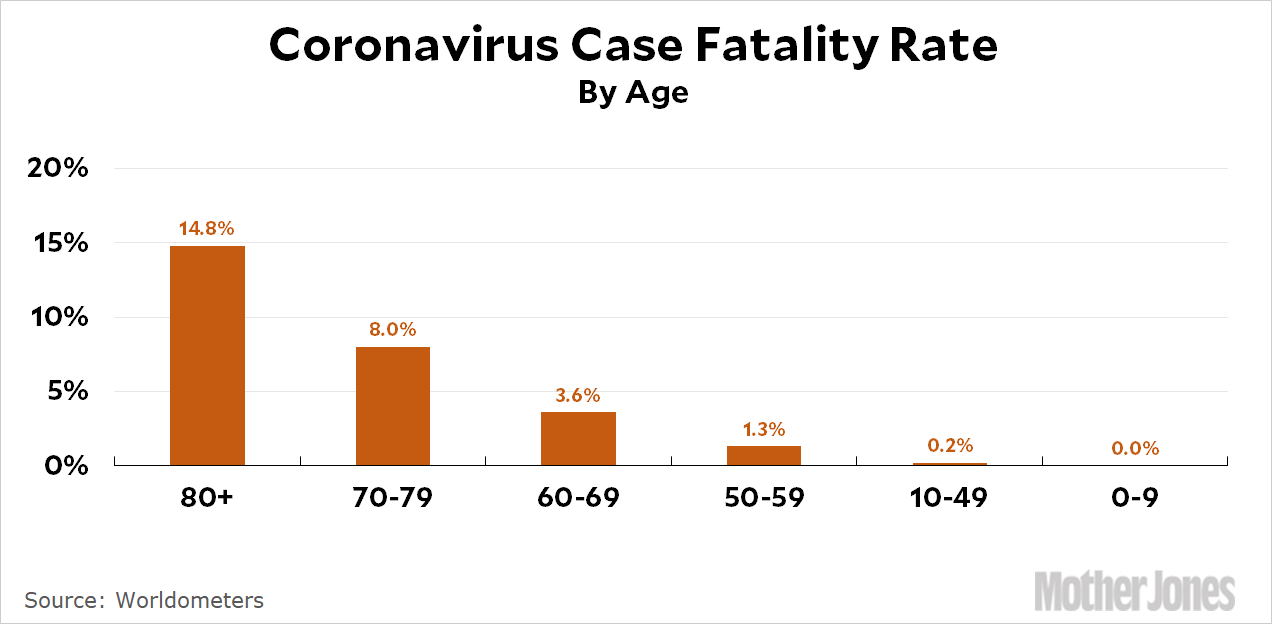
Myth #2: Wearing a mask and social distancing in public prevents you from contracting the virus.
Wearing a mask and social distancing are precautions we are advised to take so as not to spread the virus. Still though, it does not mean that
you are immune from the virus. There is no vaccine nor a way to guarantee that you won't get the virus, besides staying home with no contact from
the outside world. That being said, the CDC health recommendations should be followed to ensure the least amount of possibilities of getting
the virus.
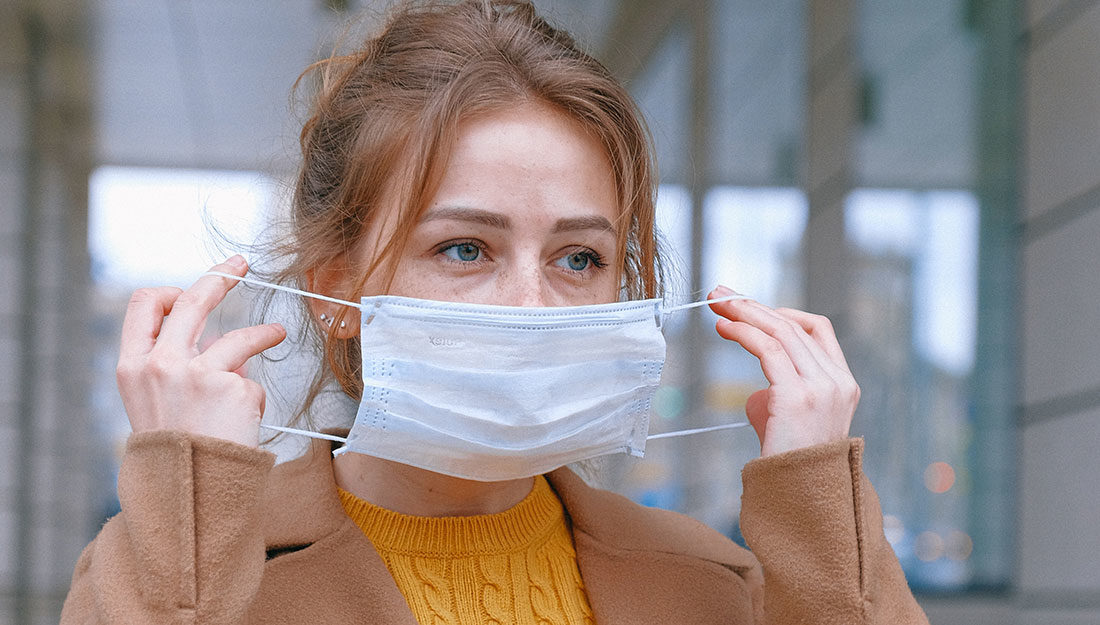
Myth #3: Hand sanitizer is not helpful to prevent getting the virus.
Many people believe that using hand sanitizer is not beneficial to the prevention of contracting or spreading
the virus, since it kills bacteria and does nothing for viral infections. While it is true that hand sanitizer
kills bacteria and not viral infections, hand sanitizer can be effective at inactivating enveloped viruses. If
there is even a small chance that using hand sanitizer can help spare someone from the virus, it should be used.
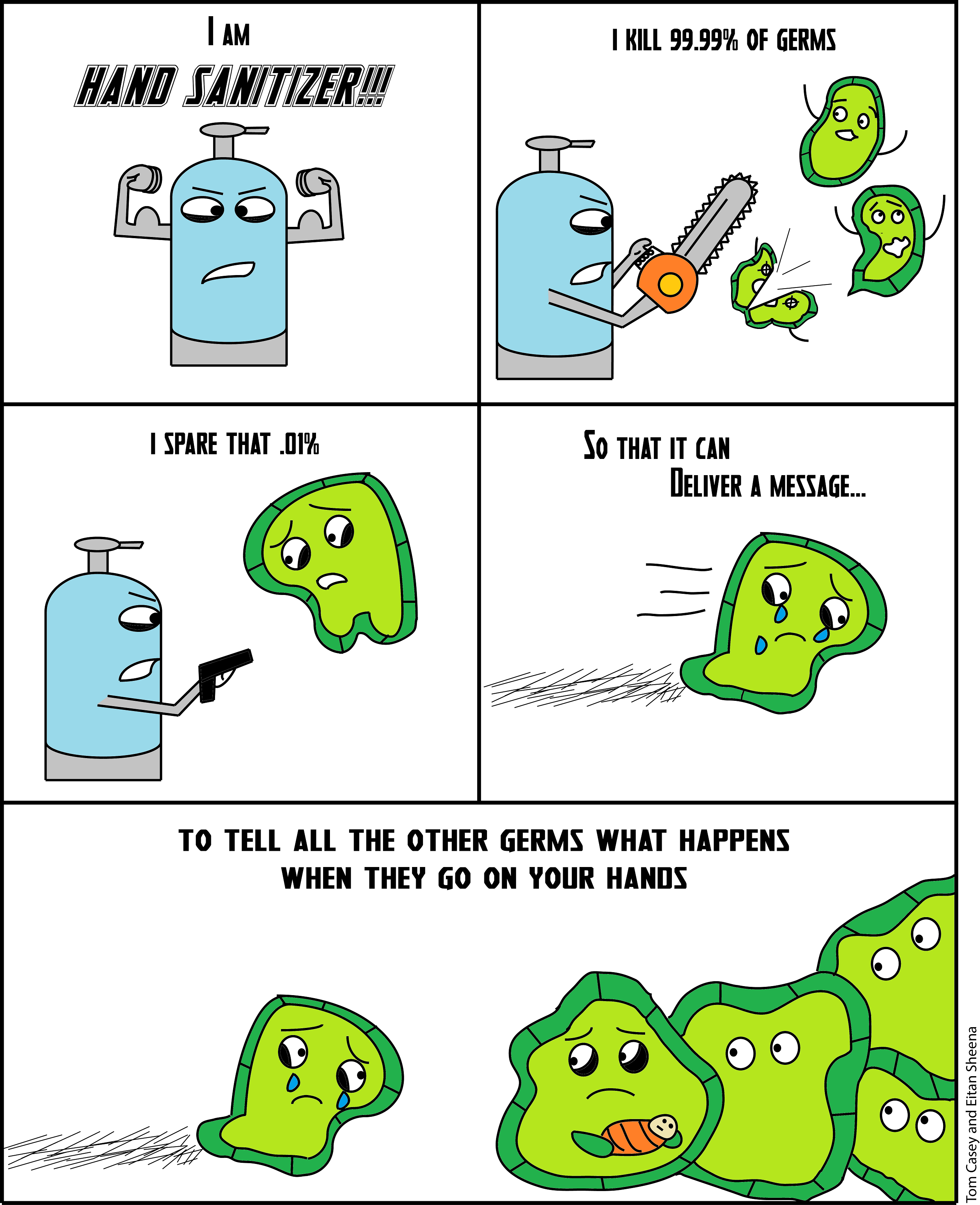
Myth #4: Wearing a mask protects you, not others.
Wearing a mask keeps you from spreading the virus if you have it. No one knows for sure whether or not they are carrying the virus; even
if you have no symptoms, you could still be carrying the virus and therefore be able to spread it to others. Masks and social distancing prevent people
from spreading their germs. So, wearing a mask and social distancing can keep you from spreading the virus, not from getting it.By not wearing a mask in
public, you risk spreading it to others, even if everyone around you is wearing a mask. For example, if person A is wearing a mask and person B is not, person B
could spread the virus to person A despite them wearing a mask. If person A and B both wore masks, they would be protecting each other.
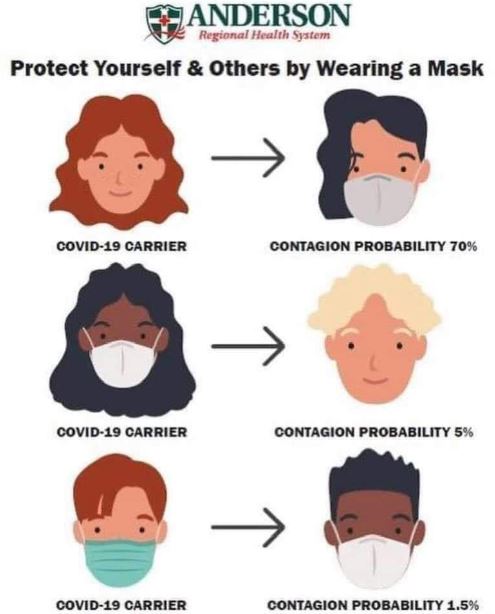
Myth #5: Injecting disinfectant will ensure you are safe from the virus.
Disinfectants in your blood stream will not prevent you from getting the virus. By injecting disinfectants, you risk killing yourself, damaging your body
or contracting an infection, which is way worse than possibly contracting the virus.
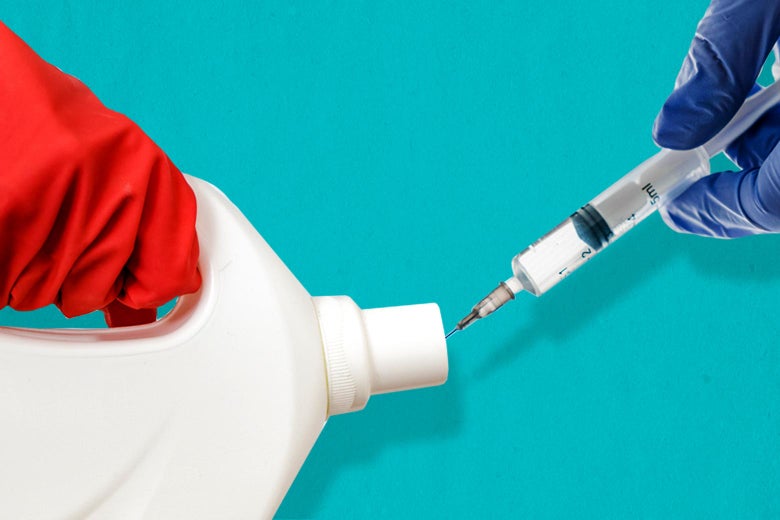
Sources:
Hand sanitizers: https://www.ncbi.nlm.nih.gov/pmc/articles/PMC7301780/
Coronavirus advice for the public: https://www.who.int/emergencies/diseases/novel-coronavirus-2019/advice-for-public/myth-busters





